Scans show profound effects of LSD on human brain
Scientists hail groundbreaking discovery as the 'Higgs boson moment for neuroscience'
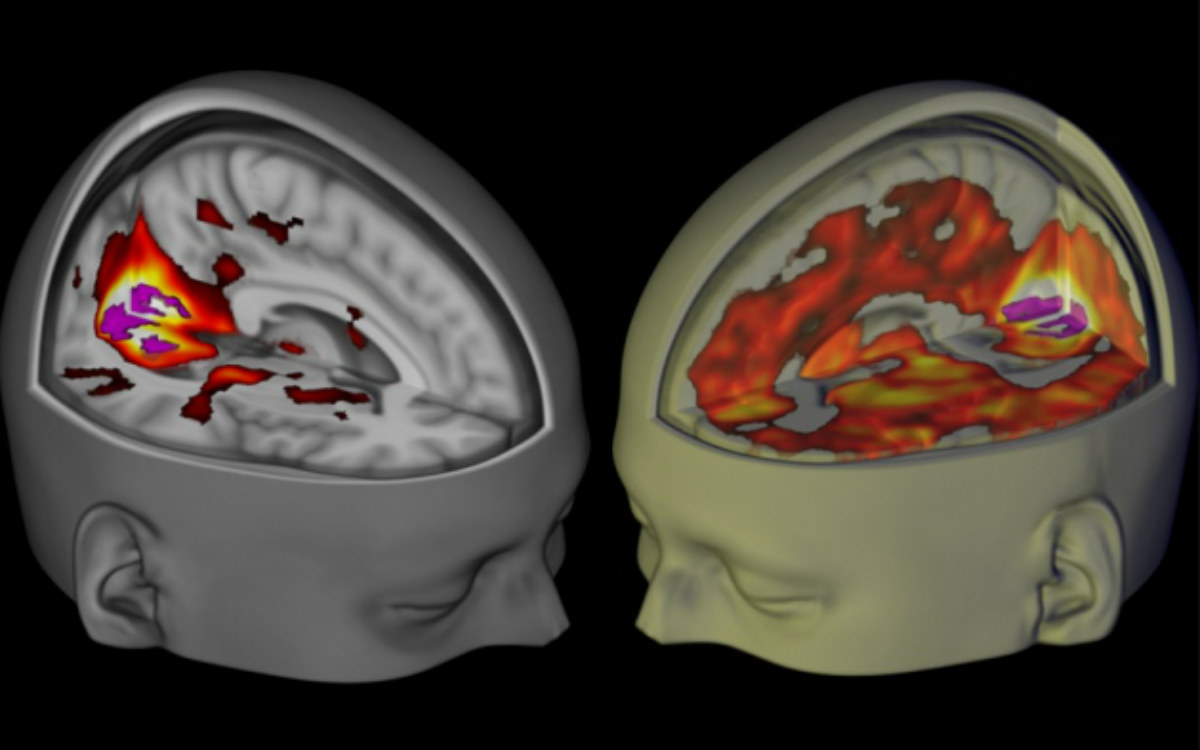
A free daily email with the biggest news stories of the day – and the best features from TheWeek.com
You are now subscribed
Your newsletter sign-up was successful
New scans of the human brain under the influence of LSD have been hailed as the "Higgs boson moment" for neuroscience.
The research revealed that users experienced images through information drawn from many parts of their brains and not just the cortex at the back of the head that normally processes visual information, says The Guardian.
"We saw that many more areas of the brain than normal were contributing to visual processing under LSD, even though the volunteers' eyes were closed," said lead scientist Dr Robin Carhart-Harris, from Imperial College London.
The Week
Escape your echo chamber. Get the facts behind the news, plus analysis from multiple perspectives.

Sign up for The Week's Free Newsletters
From our morning news briefing to a weekly Good News Newsletter, get the best of The Week delivered directly to your inbox.
From our morning news briefing to a weekly Good News Newsletter, get the best of The Week delivered directly to your inbox.
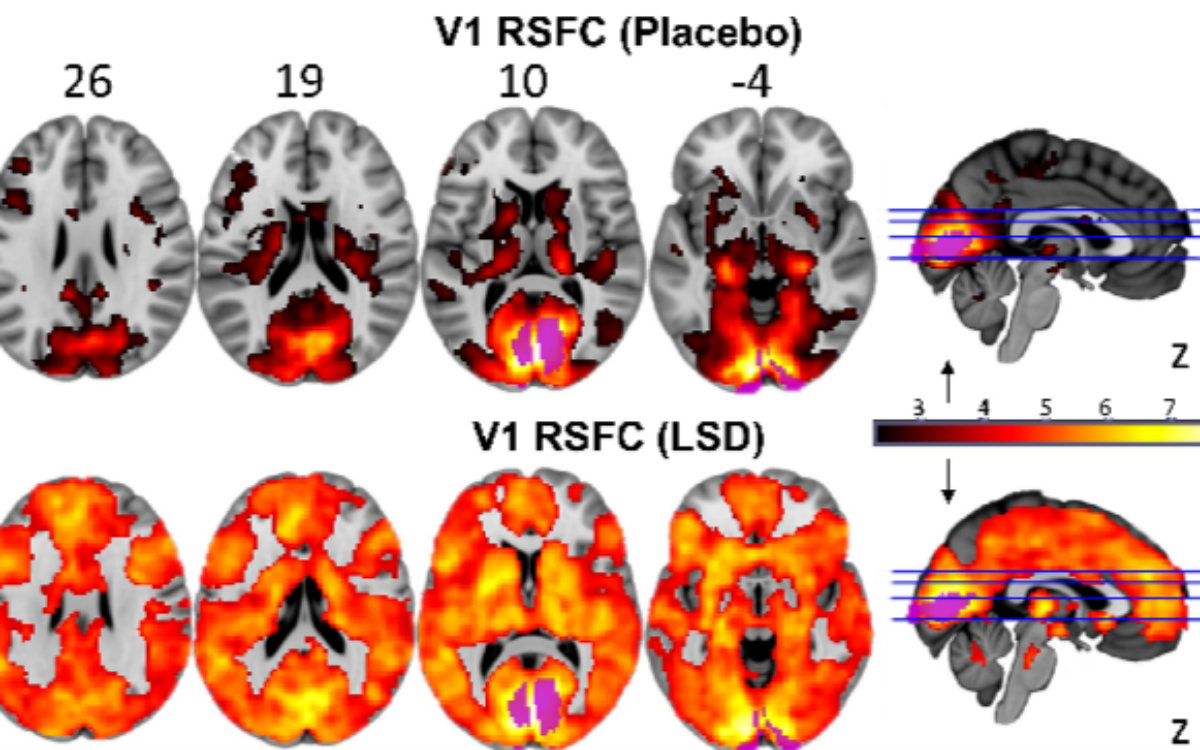
Studies into the effects of LSD on the brain and its potential therapeutic uses have been severely hampered since the drug became illegal in the UK in 1966.
David Nutt, the government's former drugs advisor and a senior researcher on the study, said neuroscientists had waited 50 years for this moment.
"This is to neuroscience what the Higgs boson was to particle physics," he said. "We didn't know how these profound effects were produced. It was too difficult to do. Scientists were either scared or couldn't be bothered to overcome the enormous hurdles to get this done."
A free daily email with the biggest news stories of the day – and the best features from TheWeek.com
The study also found that the networks dealing with vision, attention, movement and hearing became far more connected, even after the effects of the drug have worn off, leading to what looked like a "more unified brain".
"This experience is sometimes framed in a religious or spiritual way and seems to be associated with improvements in wellbeing after the drug's effects have subsided," Carhart-Harris said.
In an interview with the science journal Nature, Nutt said the ultimate aim of the study was to have LSD deployed as a therapeutic tool.
"In the 1950s and 60s, thousands of people took LSD for alcoholism; in 2012, a retrospective analysis of some of these studies suggested that it helped cut down on drinking," he said.
Nutt also believes the drug's effects could pull the brain out of entrenched thought patterns seen in a whole host of mental illnesses.
Amanda Feilding, the director of the Beckley Foundation, which part-funded the investigation, said: "We are finally unveiling the brain mechanisms underlying the potential of LSD not only to heal, but also to deepen our understanding of consciousness itself."
-
 What to know before filing your own taxes for the first time
What to know before filing your own taxes for the first timethe explainer Tackle this financial milestone with confidence
-
 The biggest box office flops of the 21st century
The biggest box office flops of the 21st centuryin depth Unnecessary remakes and turgid, expensive CGI-fests highlight this list of these most notorious box-office losers
-
 What are the best investments for beginners?
What are the best investments for beginners?The Explainer Stocks and ETFs and bonds, oh my
-
 Richard Branson’s Virgin Galactic and Jeff Bezos’s Blue Origin: the new space race?
Richard Branson’s Virgin Galactic and Jeff Bezos’s Blue Origin: the new space race?Speed Read Branson has declared space open for business. Is that still a pie in the sky?
-
 Russia and China joining forces to build first Moon base
Russia and China joining forces to build first Moon baseSpeed Read Lunar pact represents ‘all kinds of security threats’ to UK and US, expert warns
-
 Mystery of where Stonehenge stones came from finally solved
Mystery of where Stonehenge stones came from finally solvedSpeed Read But how the builders moved the huge stone megaliths to the Salisbury site remains a mystery
-
 How chimpanzee ‘lip smacking’ can unlock mystery behind human speech
How chimpanzee ‘lip smacking’ can unlock mystery behind human speechSpeed Read New study reveals rhythm of great apes’ communications is identical to spoken language
-
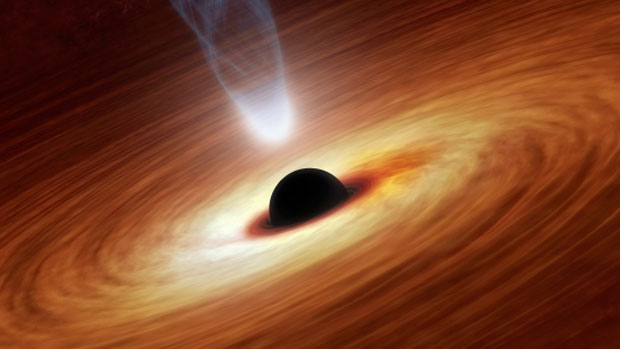 Scientists discover new variety of black hole
Scientists discover new variety of black holeSpeed Read Astronomers had previously missed entire class of dead star
-
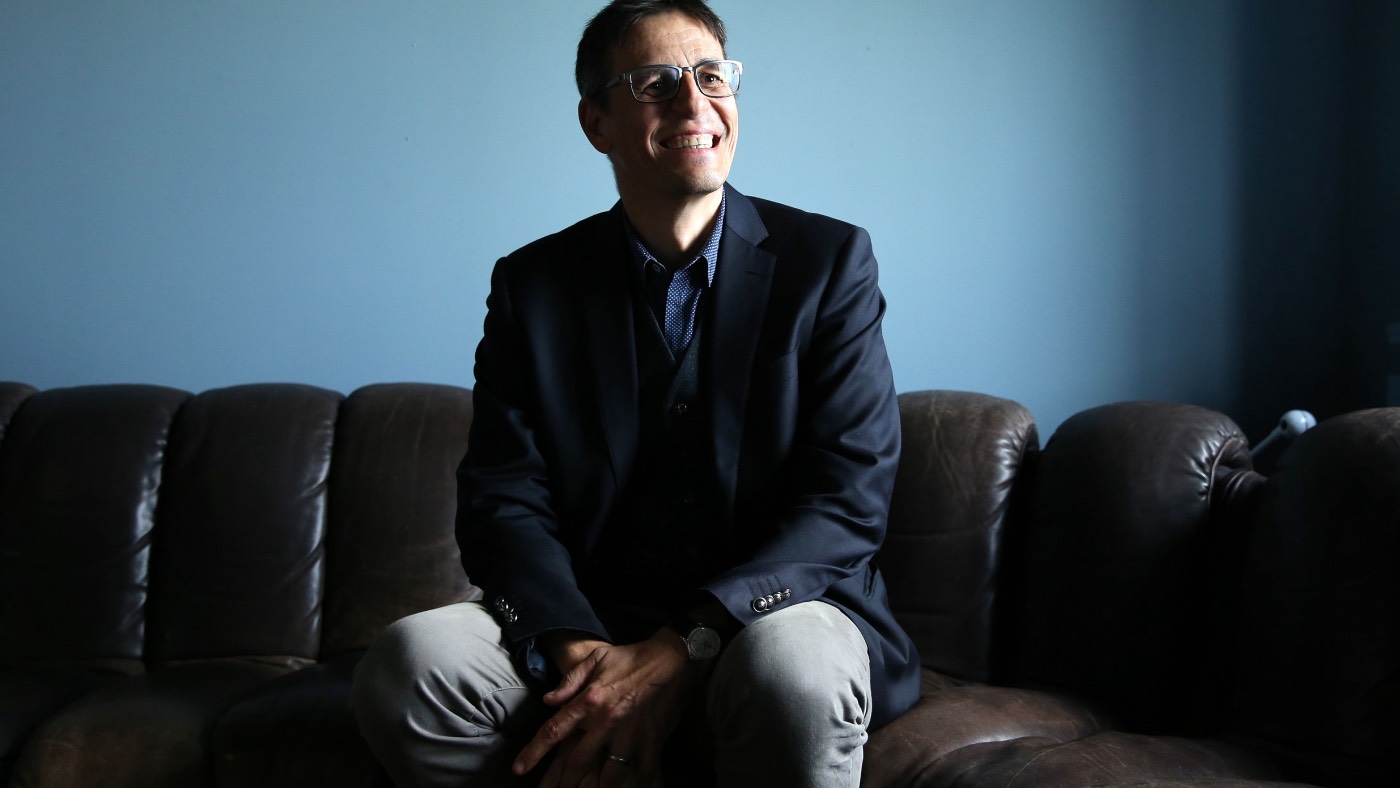 Trio win Nobel physics prize for work to understand cosmos
Trio win Nobel physics prize for work to understand cosmosSpeed Read The scientists were hailed for ‘ground-breaking’ discoveries
-
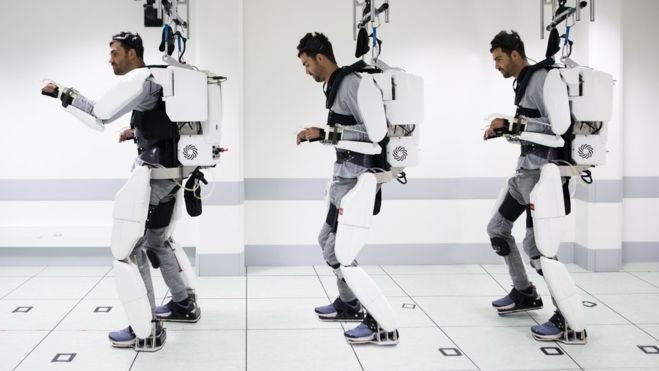 Quadriplegic man walks using mind-reading robotic exoskeleton
Quadriplegic man walks using mind-reading robotic exoskeletonSpeed Read Robo-suit hailed as huge step forward for paralysed patients
-
 Will ancient scrolls damaged by Vesuvius be read again?
Will ancient scrolls damaged by Vesuvius be read again?Speed Read Scientists believe they have developed technology to see what is on the famous scrolls